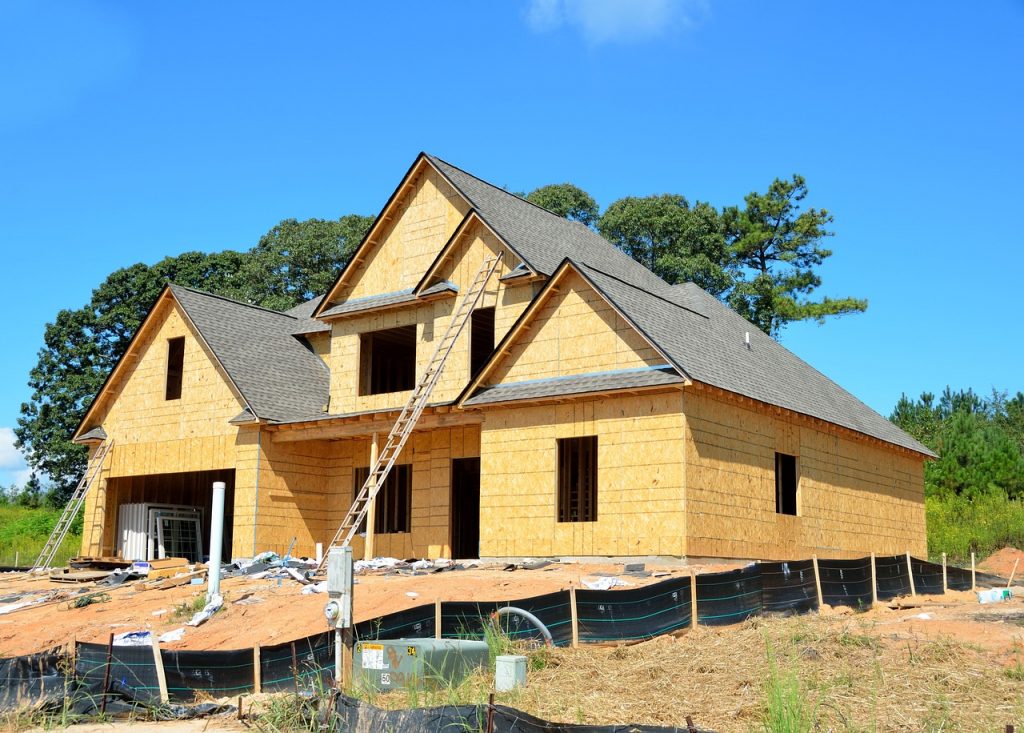Your home is most likely your largest financial asset. That is why it is important to take care in the process of making a purchasing decision.

One part of getting a new home is saving up for a mortgage down payment. Even if you get a deal where the payment is less than the standard 20%, you still want to start saving ahead of time because it can still be a substantial sum. Being able to pay a higher down payment can also help you avoid some fees.
Also consider what kind of mortgage you want to get. Paying off the mortgage in a 30 year timeframe will get you the lowest size of payment installments, but if you can afford to reduce the schedule to 20 or 15 years, you might save money overall by getting a lower interest rate. It is a good idea to comparison shop between different lenders.
Having good credit will help you in this endeavor. Therefore, check your credit score. If there are any issues dragging it down, see if you can address them. Make progress on paying down outstanding debts. If you are getting dinged unfairly on your credit score, see if you can get these mistakes corrected.
Consider what kind of home you want to buy. What kind of budget do you realistically have? Also, consider trade-offs like the space for activity in a big yard vs. the effort to keep it maintained. Also think about the area where your potential home is located. How far is it from businesses you use frequently? See if you can get information on what the traffic is like in the area. All of this information can help you visualize the details of what day to day life while living there would be like.
Getting preapproved for a home loan can give you an edge if you find a house you really want. Having that piece of paper shows the seller that you are a serious and viable candidate. This could give you the edge over people who are competing with you to buy the house of your dreams.
Consider getting a buyer’s agent. This person’s knowledge of the industry can help you by advising you of such matters as if a house is not as available as it seems because of something like an active short contingent listing. They can let you know if the asking price for a place is fair.
The home inspection is also an important consideration. If problems are found, it is possible that the seller would be willing to address some of these to avoid having the deal fall through. Also, the results of the inspection can determine what will be covered by a home warranty.
A home warranty Alaska price may be different from one in Maryland. Also, what is included in the coverage can differ. Basically, a home warranty is a companion to home owner’s insurance to make sure that your investment is protected. Home owner’s insurance will provide coverage if damage occurs as a result of something like a fire, storm, or burglary. It won’t provide coverage if appliances break in a normal situation, which is where a home warranty comes in.
Unlike home owner’s insurance, a home warranty is not a requirement. Often times it will be purchased by the seller as an enticement, or given by the realtor as a present. It is less expensive than home owner’s insurance. The home warranty is to pay for repair or replacement of home systems and appliances that stop working as a result of regular wear and tear. Make sure you have a firm understanding of what your home warrantee does and does not cover. This can prevent any unpleasant surprises.
The whole process of finding a new home can take more than a month, but it is time well spent to start the next chapter of your life on the right foot. Hopefully these tips have given you a mental picture of what challenges you will be dealing with. At the end of all your hard work, though, lies your life in your new home.